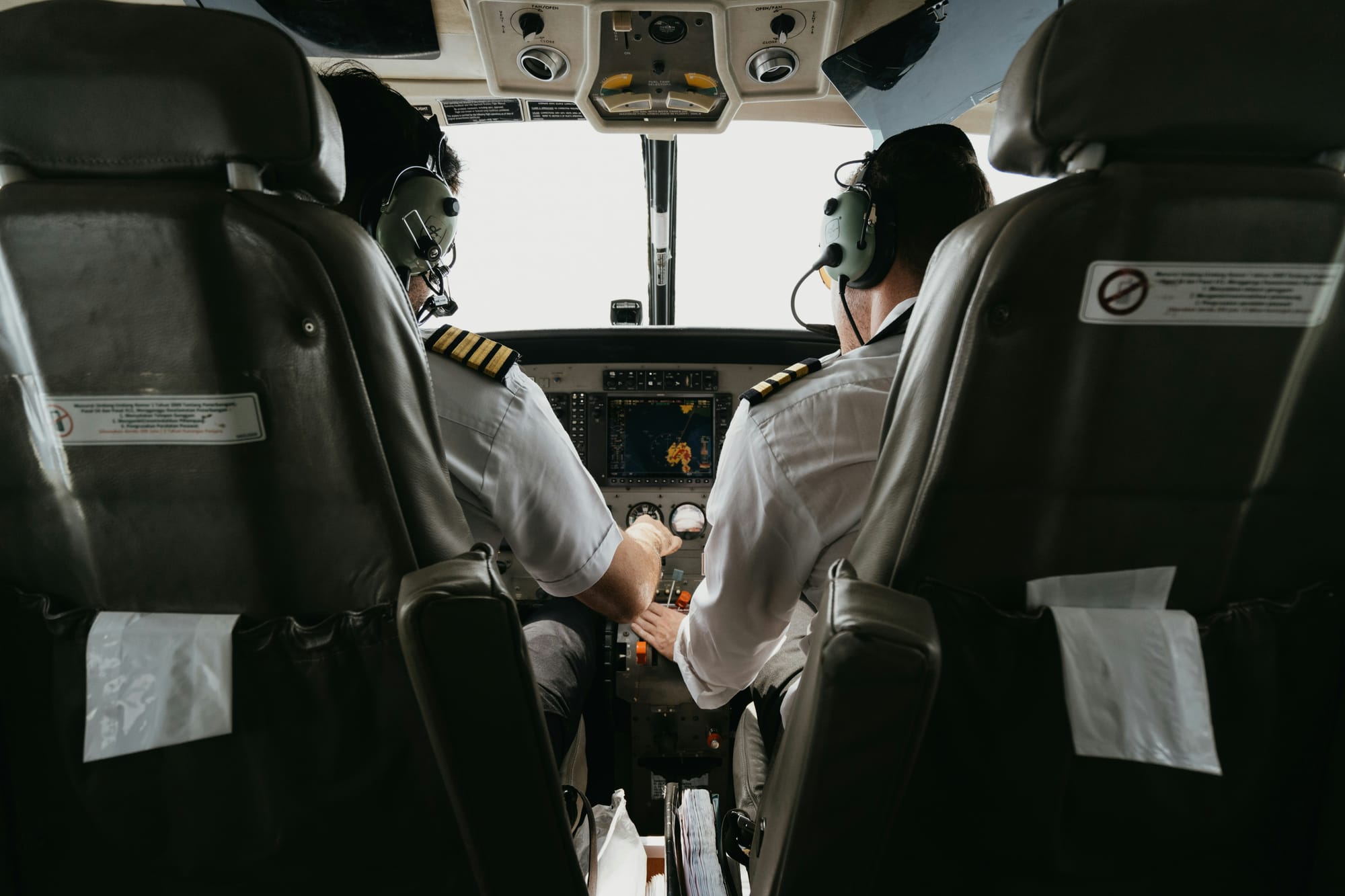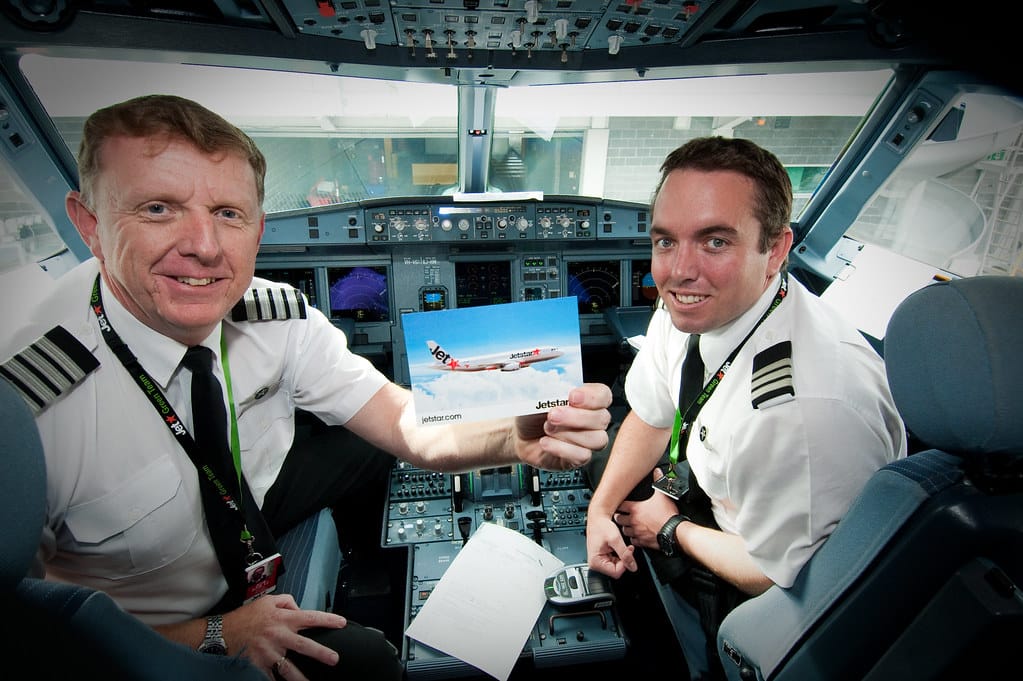Can Boeing Be Trusted?
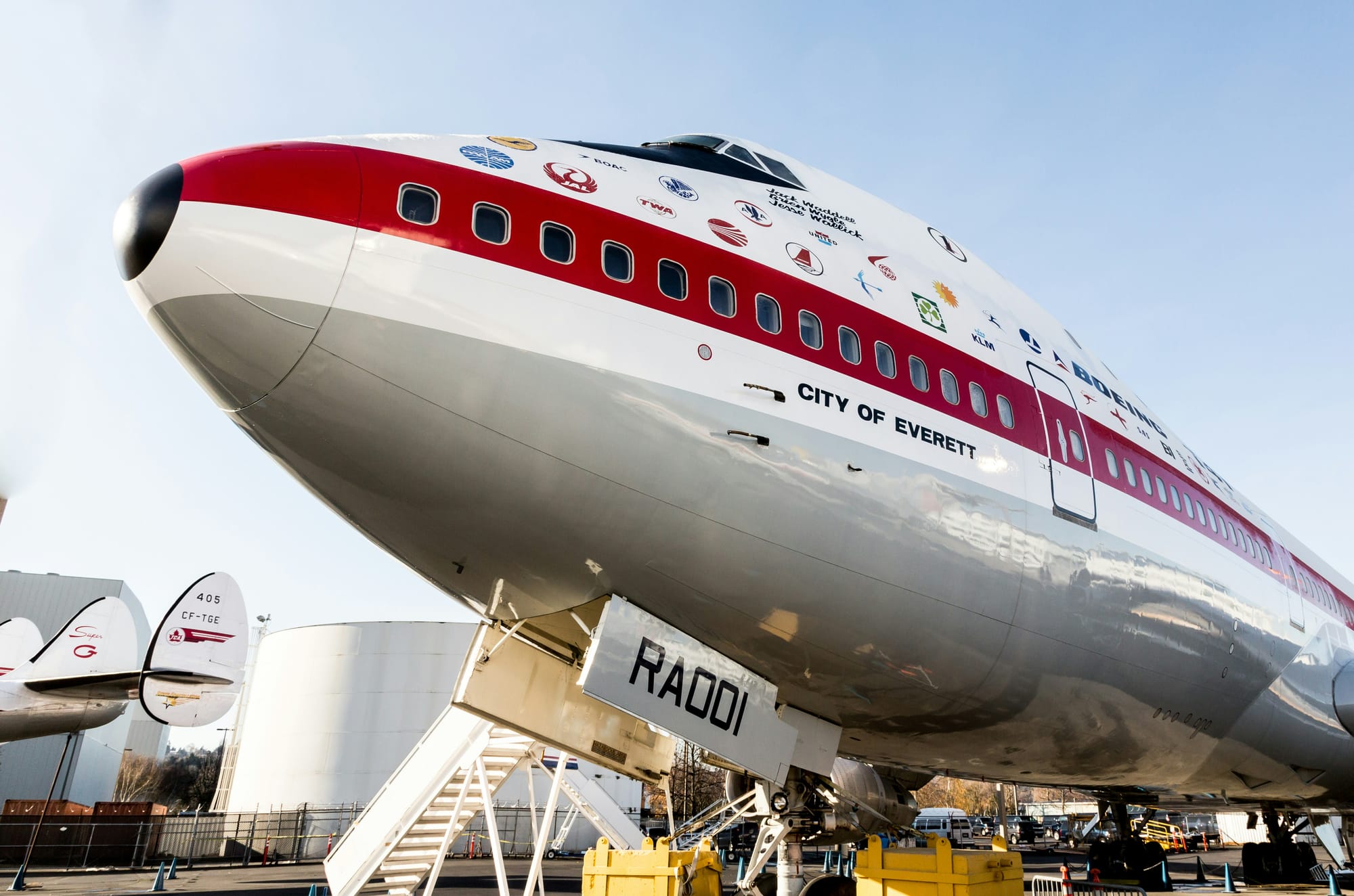
Once a symbol of American innovation and aviation safety, Boeing has recently faced a series of challenges that have eroded public trust. From quality control lapses to controversial management decisions, these issues demand a closer look to understand the path Boeing needs to take to regain public confidence.
Quality Concerns and the Shadow of the 737 MAX
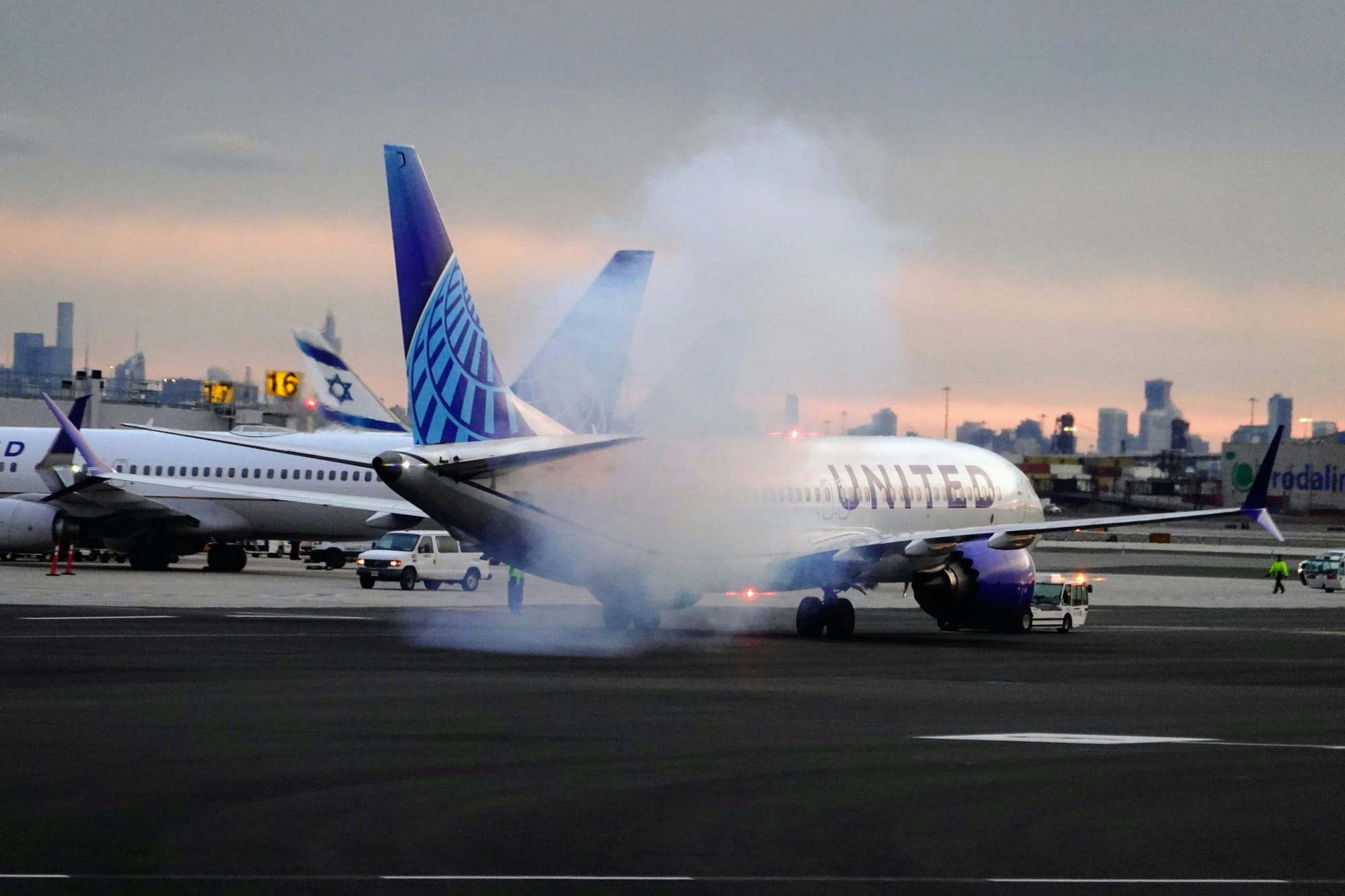
The 737 MAX crisis, where two fatal crashes led to the worldwide grounding of the aircraft, remains a stark reminder of the consequences of compromised safety standards. Allegations of cost-cutting measures and pressure to meet deadlines overshadowed Boeing's usual focus on safety, raising serious concerns about the company's quality control processes. Additionally, it may have played a factor in the Alaska 737 MAX9 losing its plug door. These concerns extend beyond the 737 MAX, with issues like production flaws and electrical problems plaguing the 787 Dreamliner. These repeated issues raise a critical question: can Boeing consistently deliver safe and reliable aircraft?
Management Under Scrutiny

The focus on production speed and cost control has placed Boeing's leadership and management culture under intense scrutiny. Critics argue that prioritizing short-term profits over long-term safety eroded a culture that was once known for its unwavering commitment to both. This shift in priorities, they argue, created an environment where safety concerns were potentially downplayed or even ignored in the pursuit of financial goals.
The 737 MAX controversy is not an isolated incident. Boeing has faced a series of challenges in recent years, including accusations of deferred maintenance on its planes and ethical concerns surrounding potential foreign military sales. These repeated issues raise a broader question about the company's overall commitment to safety, ethics, and transparency.
The Unionization Debate

Adding another layer of complexity is the ongoing debate surrounding the unionization of Boeing's workforce. Proponents argue that a union would provide workers with a stronger voice in advocating for safety concerns and pushing back on production pressures that could compromise safety. They believe that a unionized workforce would be more empowered to raise concerns and hold management accountable. Opponents, however, argue that unions could stifle innovation and flexibility, potentially hindering Boeing's ability to compete in the global aerospace market.
We only need to look as far as the Charleston, South Carolina production line, where quality control issues have exploded as more production is moved to the area. It has gotten so bad that airlines are even refusing to take deliveries due to serious issues.
The Path to Regaining Trust
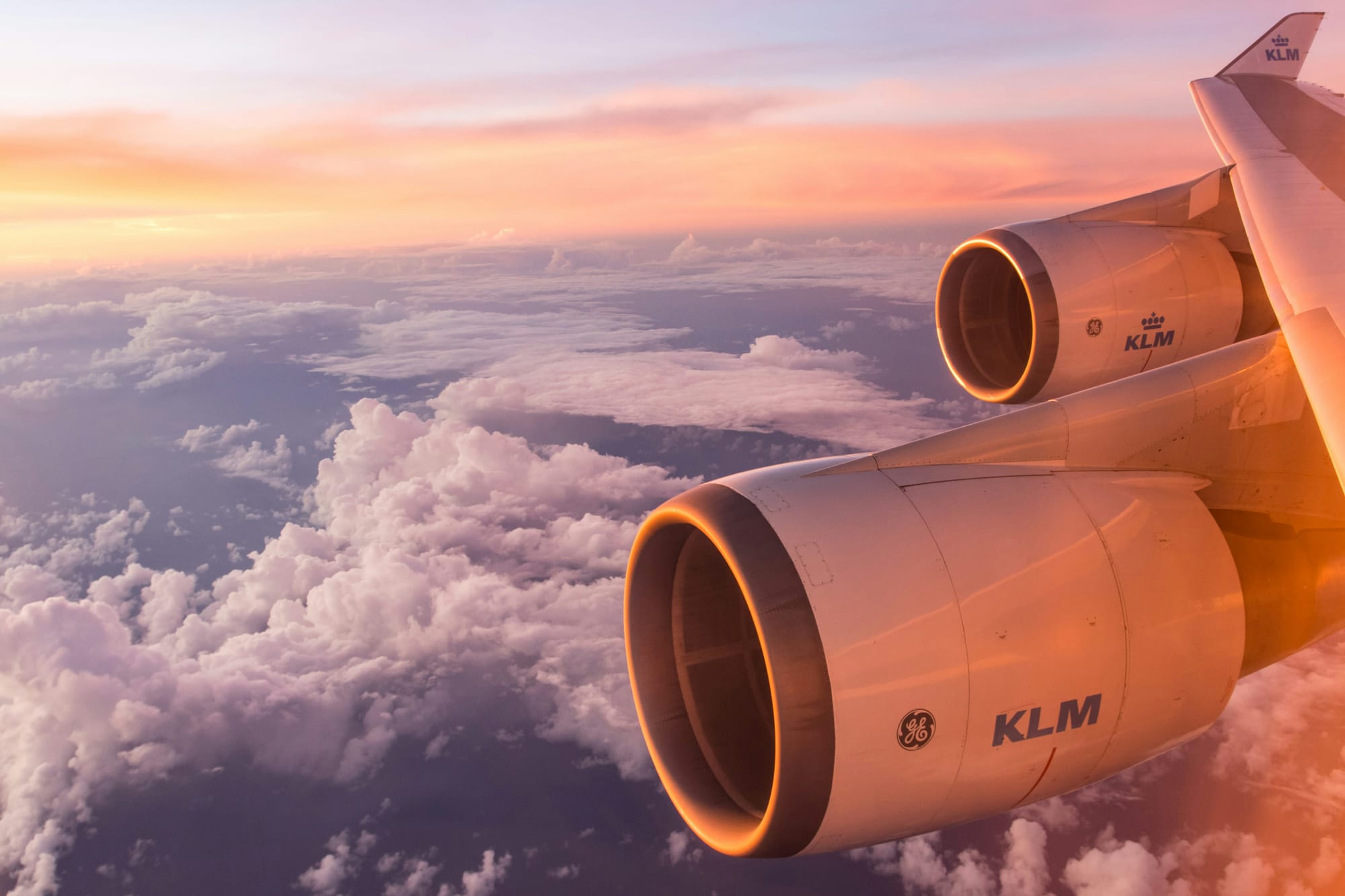
Rebuilding public trust is a long and arduous journey. While Boeing has taken steps like implementing stricter quality control measures and addressing design flaws in the 737 MAX, regaining public confidence requires more than just addressing past issues. It necessitates fostering a transparent and accountable culture that prioritizes safety above all else. This means not only demonstrably improving its manufacturing processes and addressing past shortcomings, but also rebuilding trust through open communication, a commitment to ethical practices, and a renewed focus on the safety of its passengers, employees, and the communities it serves.
Beyond Addressing Mistakes
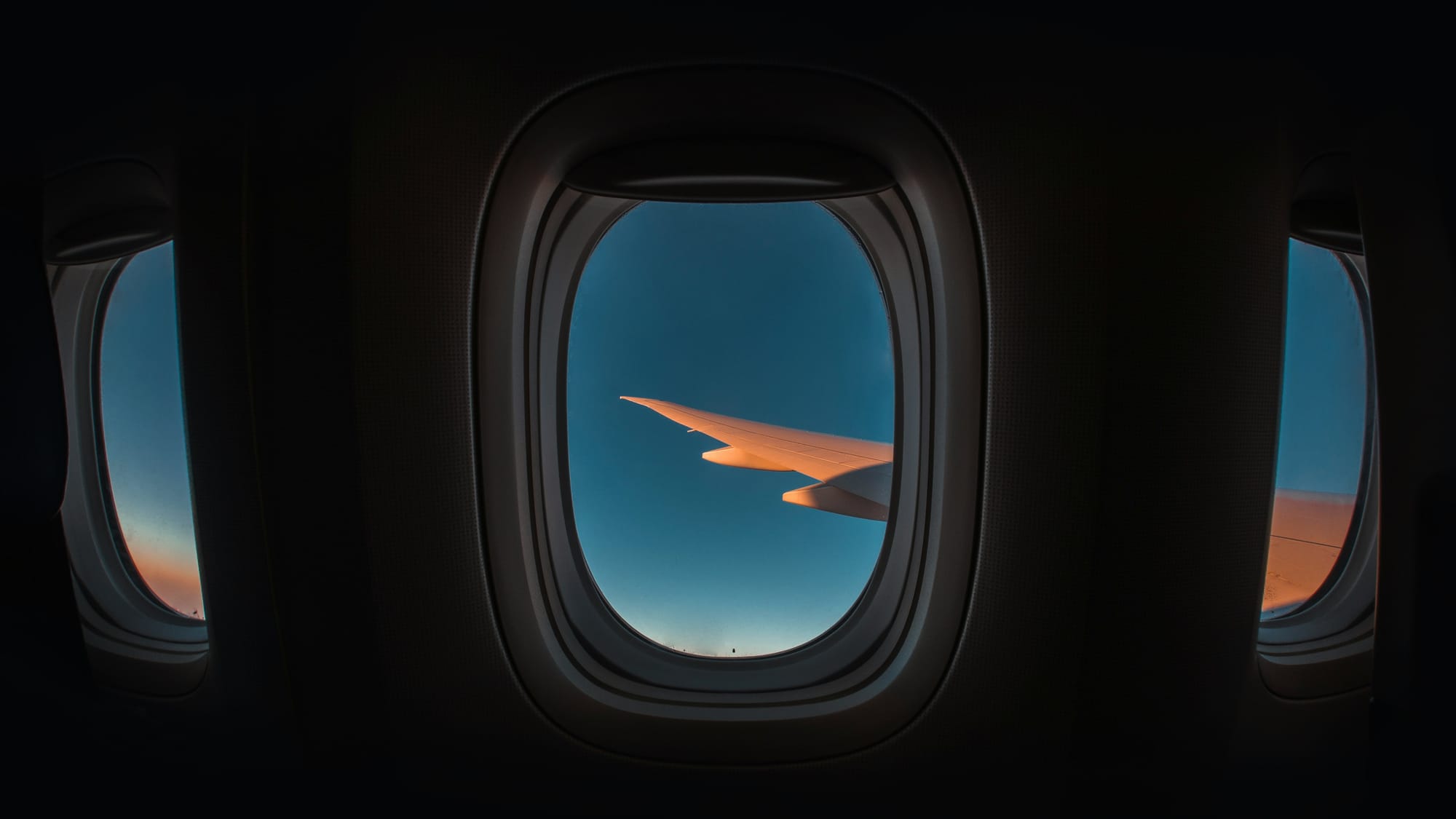
Regaining trust requires a paradigm shift within Boeing's culture. This involves not just fixing past mistakes but actively prioritizing safety by:
- Empowering employees to raise safety concerns without fear of retaliation.
- Investing in robust safety systems that go beyond regulatory requirements.
- Promoting a culture of transparency where information is readily shared with stakeholders, including the public.
- Demonstrating a genuine commitment to ethical practices throughout its operations.
Only time will tell if Boeing can successfully navigate these challenges and reclaim its position as a leader in safe and reliable aviation. However, one thing is certain: the journey to regaining public trust demands a comprehensive and sustained effort that goes beyond simply addressing past mistakes. It requires a fundamental shift in priorities and a renewed commitment to the values that once defined Boeing's reputation.
Would you fly on a 737 MAX9 with all the recent issues?


